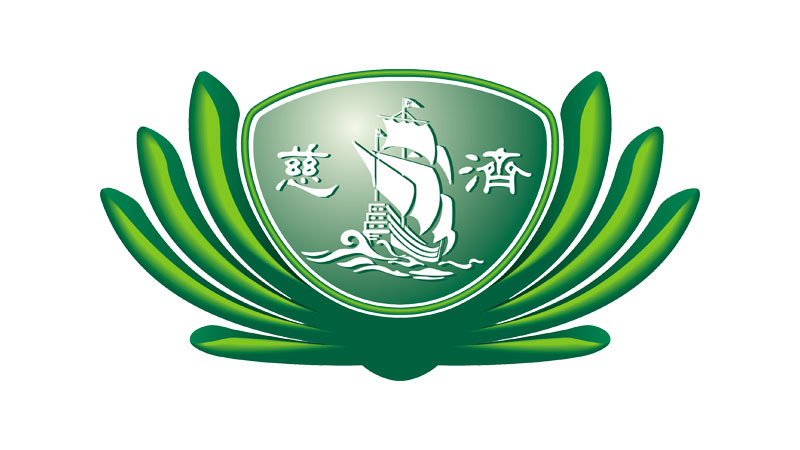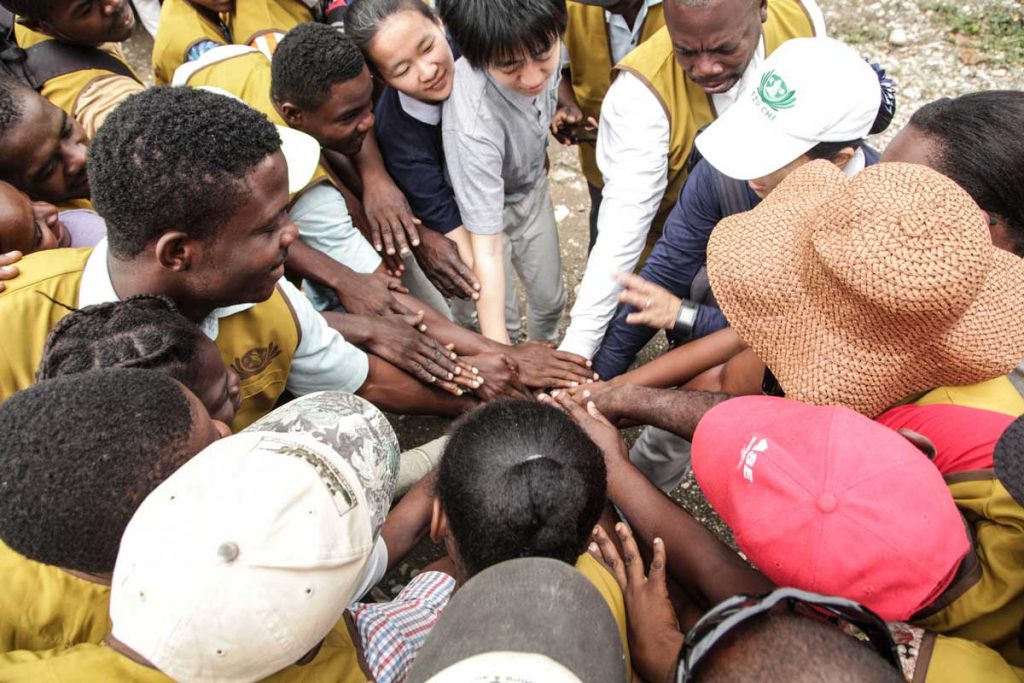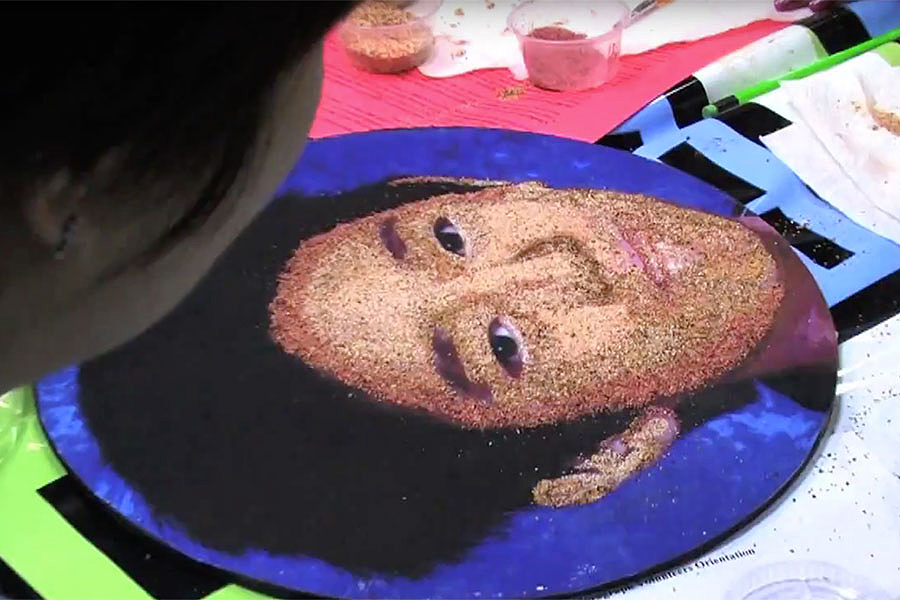
The gift of life includes four treasures, according to Dharma Mater Cheng Yen. They include sleeping soundly, eating happily, laughing joyfully and working healthily. While here on earth, we all should be able to take part but we also should live beyond ourselves and help others.
That sentiment also can carry on so that we can help others after we die through life-giving organ donation. One of Tzu Chi’s important partnerships is with OneLegacy, which is dedicated to saving lives through organ, eye and tissue donation. The organization also has a living donor program.
Traditionally, organ and body donation was practically taboo in many Asian cultures, but Tzu Chi along with OneLegacy have been working to help change that.
When Jason Jia, a young Tzu Chi Academy student, unexpectedly died, his parents lovingly decided to donate his organs, including heart, kidney, cornea and bones. Sue Jia, Jason’s mom, was alone when the news came as her husband was in Taiwan. However, Tzu Chi volunteers quickly were at her side offering compassion and comfort. The volunteers continued to be by her side every year thereafter.
Their decision would have proven to be very difficult for anyone at that moment, especially in the Asian community where traditionally the body has to be kept whole.
Sara Pen, Jason’s Cousin
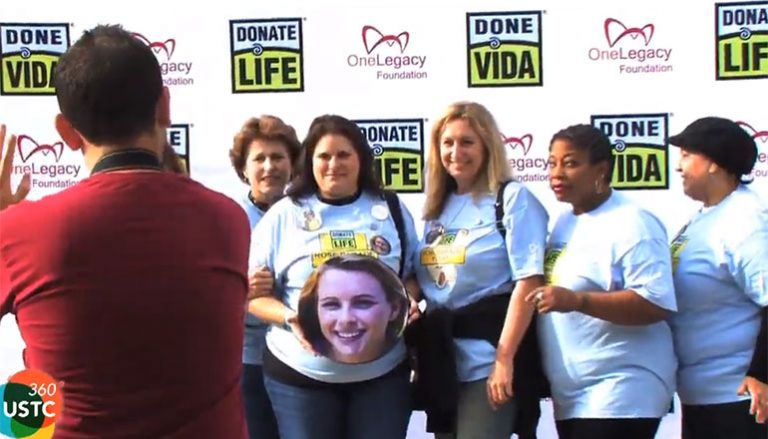
OneLegacy has been a part of the Rose Parade in California since 2001 alongside Tzu Chi volunteers and families. By having a flower-filled float in the parade representing those who have passed on but at the same time continued life through the donation of their organs, it has helped to change minds about what has always been a scary topic.
We wanted to challenge people. We wanted them to think seriously about what they valued in life and about their choices to help other people...And I think that’s really helping advance organ donation in general, across the country, from being a scary thing to something that is a beautiful part of life.
Bryan Stewart, One Legacy, Vice President of Communications
Involvement with the Rose Parade came through Gary Foxen, a volunteer and lung recipient who suggested to OneLegacy that a powerful float could express gratitude to donors. His idea was to create a float that was decorated by organ recipients and loved ones to celebrate the gift of life while also honoring the donor families.
However, there still are those who fear participating in organ donation, many because of religious reasons or that they are unsure of their religion’s views. It is important for OneLegacy to get across to all faiths the need for donation but also to alleviate doubts, answer questions and concerns.
To help spearhead the efforts to help educate different cultures about organ donation and transplantation, OneLegacy contacted Sabrina Ho, DMV and Media Relations Specialist, to volunteer her time “to develop national education program for Asian Americans. If we don’t care about our own people, who is going to educate them?”
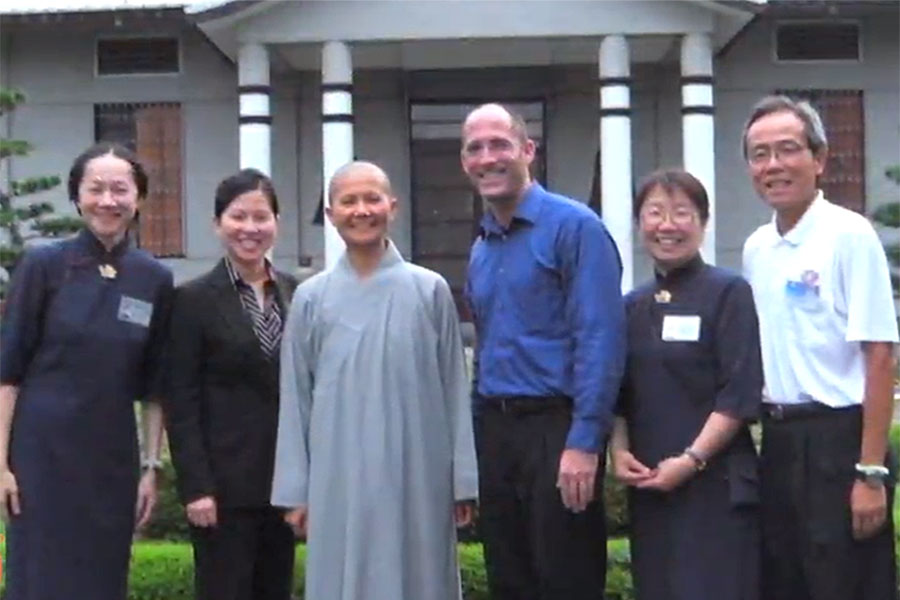
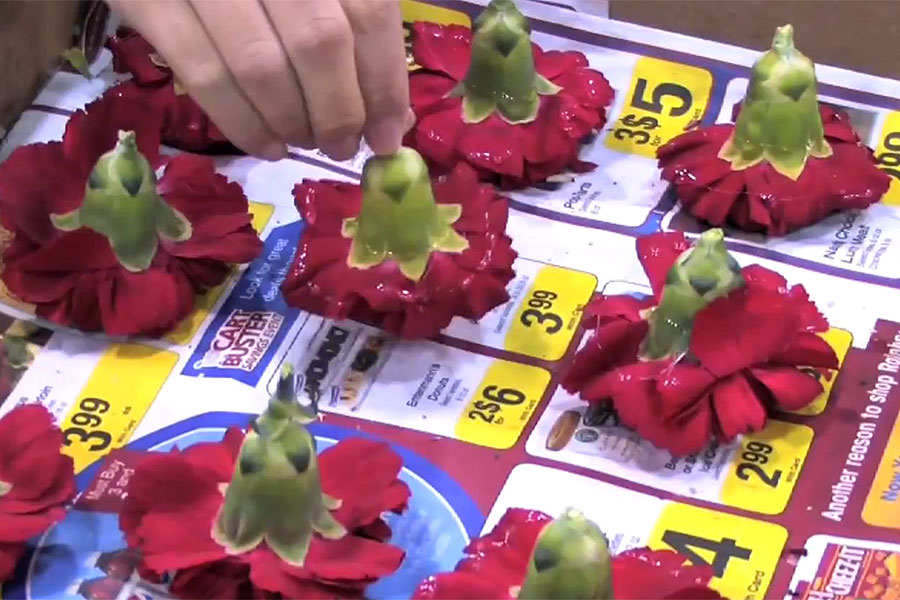
She has done much to help change the attitude of organ donation in a culture whose religion does not support it. Through continued education and working with Tzu Chi leaders, acceptance is happening. It also helps that Dharma Master Cheng Yen endorses it as well, believing that donation helps to save lives and that when a person dies, through organ donation they live on continuing the work of Tzu Chi.
Sixty percent increase in donation here, maybe a little more now over the last 10 years. And Asian donation rate is one of the highest in US. It’s a long way to go to catch up with those people who were born here, raised here, had a donor dot on their license when they were 16 years old, so its natural. But that’s understandable, and it’s just a matter of time and continual work, we will continue to increase those numbers and help people make something good, help when they have a loss.
Thomas Mone, OneLegacy, Chief Executive Officer
OneLegacy has learned much fromTzu Chi’s Silent Mentor program, whereby a person willingly donates their body for surgical education. In 2010, Tzu Chi’s figures stated that 27,000 people enrolled in the program. What sets it apart from others is that students meet with donor families, learn about the person’s life when they were alive, and instill and ensure respect for the donor while staying within ethical boundaries.
To never treat the silent mentor as merely an object but always keep the spirit and person in mind, is a respect that we learned from Tzu Chi and the silent mentor program.
Thomas Mone, OneLegacy, Chief Executive Officer
While donations have increased over the years due to education and changing minds, the number of transplants needed outnumber those who are donating. Master Cheng Yen said it best: “transient though life may be, one’s contributions will live on.”
